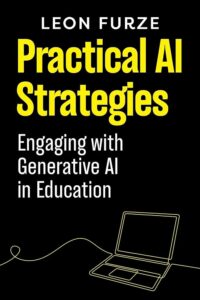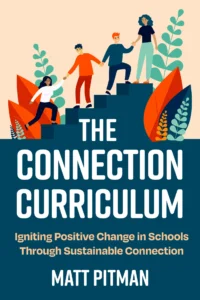Is it just me or do schools sound different since the return of students from remote learning? There seems to be a hush about the place. A volume that classroom walls are not a custom to hearing.
I thought maybe it was just my school, however after conversations with fellow Victorian colleague’s, and my wife who is also a teacher, it seems fairly common across schools.
So now the question is why.
No doubt that wearing of masks has changed the way people communicate. It’s tough work to speak through a mask and students and teachers alike have cut the amount they converse.
But it’s more than that. COVID seems to have stripped students personality. They have changed, and not for the better. The amount of banter that students are involved in has decreased and those ‘cheeky’ moments in class are not as common.
Could it simply be that been locked down at home for 6 months have made them introverts? Or does it go further?
Many schools have been focusing on wellbeing since students have returned, and thats the right direction to go in. Healthy happy students should always be the priority of schools, and after spending up to half the year in their bedrooms looking at a screen, this focus is paramount.
However as we are about to send the students away for 6 weeks, 2021 will become crucial. While we all want to forget this year and move on to happier times, we need to keep in mind that what happened in 2020 may have longer lasting repercussions on students mental health. We will need to keep an eye on them as they return in January as they may need our support to rebuild social skills that are vital for them to operate both and and outside the school gates.





